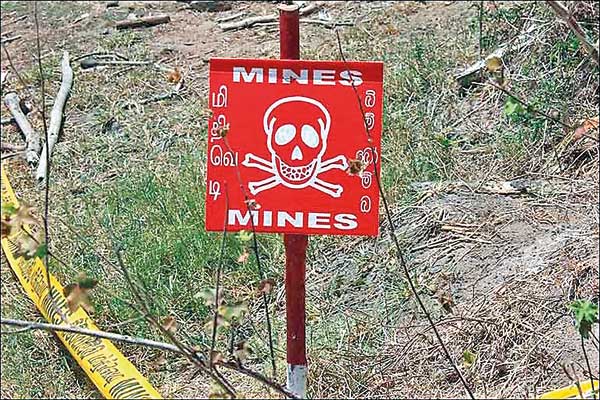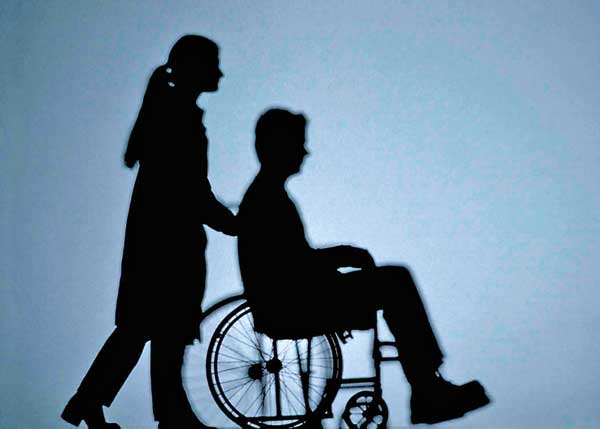Reply To:
Name - Reply Comment
Last Updated : 2024-04-24 14:25:00
.jpg)
.jpg) Conflicts and negotiations between employee and employer are not new. In these negotiations some consensus is often achieved regarding benefits for the employees, who are represented by trade unions with employers represented by their organizations. “A labour movement, as distinct from peasant uprisings, riots and other spontaneous forms of protest, arise with the growth of capitalism and wage-labour relationships” Kumari Jayawardena (1972), The Rise of the Labour Movement in Ceylon (p.3).
Conflicts and negotiations between employee and employer are not new. In these negotiations some consensus is often achieved regarding benefits for the employees, who are represented by trade unions with employers represented by their organizations. “A labour movement, as distinct from peasant uprisings, riots and other spontaneous forms of protest, arise with the growth of capitalism and wage-labour relationships” Kumari Jayawardena (1972), The Rise of the Labour Movement in Ceylon (p.3). 
.jpg)
.jpg)

.jpg)
.jpg)

.jpg)
.jpg)
.jpg)
.jpg)
.jpg)
.jpg)
.jpg)
.jpg)
.jpg)
.jpg)
.jpg)
.jpg)

Add comment
Comments will be edited (grammar, spelling and slang) and authorized at the discretion of Daily Mirror online. The website also has the right not to publish selected comments.
Reply To:
Name - Reply Comment
US authorities are currently reviewing the manifest of every cargo aboard MV
On March 26, a couple arriving from Thailand was arrested with 88 live animal
According to villagers from Naula-Moragolla out of 105 families 80 can afford
Is the situation in Sri Lanka so grim that locals harbour hope that they coul